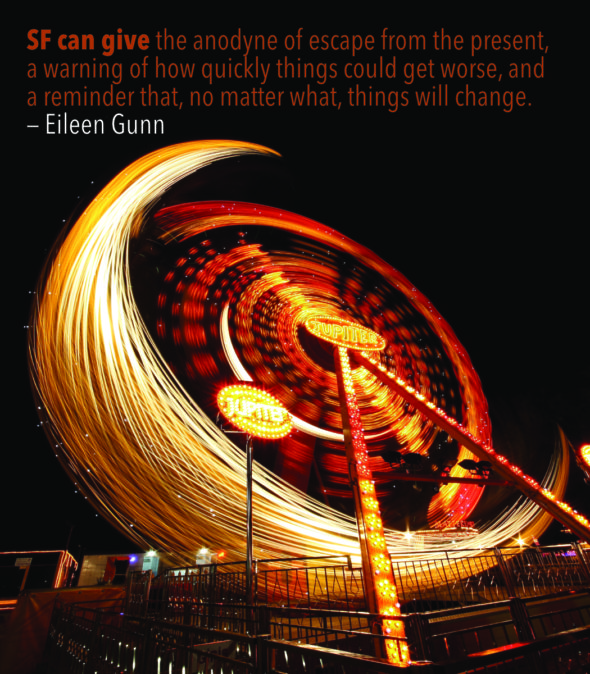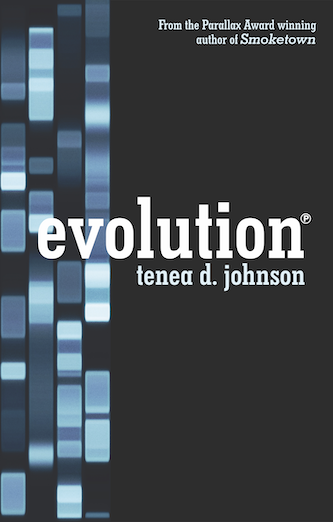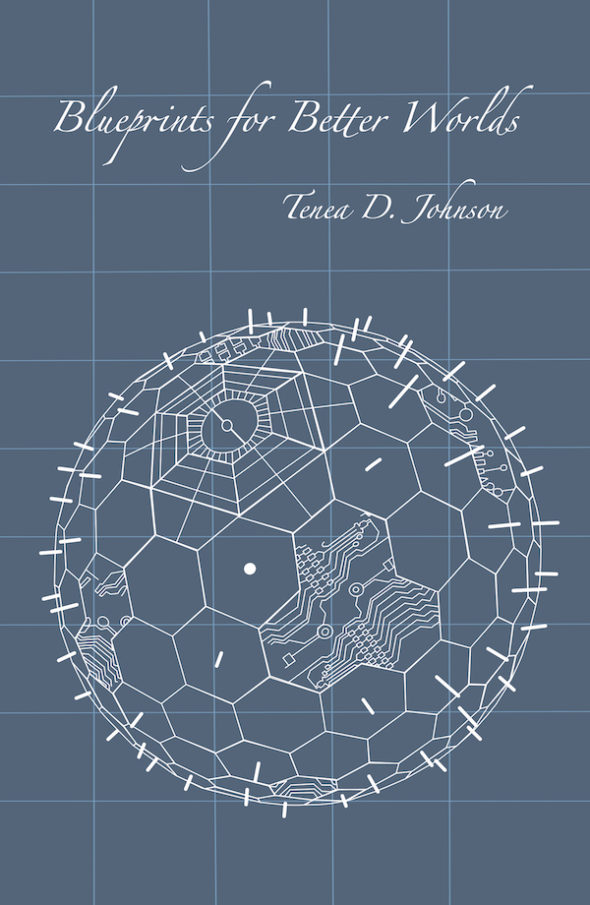3 Minutes with Eileen, Author of Questionable Practices

Original Photo by Engin Akyurt from Pexels
If you’re not familiar with Eileen Gunn’s Question Practices it’d be best if you were. Save yourself the trouble such ignorance causes. The Innovative Worlds bundle can help you out until August 27th. For now do yourself a favor and spend the next few minutes familiarizing yourself with her thoughts.
Does speculative fiction have a role in innovation? If so, what is it?
EG: Speculative fiction has a number of roles in innovation. (1) To young readers, at a stage when their ideas about the world are being formed, it celebrates innovation as an important force in creating our world, and it frequently makes the point that young people can drive innovation, that they can come up with ideas that make a positive difference in people’s lives. A number of prominent scientists and technologists have been inspired to enter their chosen field by reading speculative fiction as children. (2) For all readers, speculative fiction generally inculcates the idea that innovations, new ways of doing things, are to be encouraged, not feared. Humanity is always pulled between the safety of the old, tried-and-true ways of doing things, and the adventure of new, possibly risky ideas and techniques. Speculative fiction often encourages people to accept risk and do something new. (3) The problems and solutions envisioned in speculative stories have inspired scientists, technologists, social thinkers, and many other innovators to tackle those problems themselves. Sometimes their solutions were congruent with those in the stories, and sometimes they were very different, but the innovator’s attention was drawn to the problem by speculative fiction.
What’s your favorite innovation of the last 25 years? The last 5?
EG: Of the past 25 years? I’m guessing my favorite innovation is that whatchamacallit that holds my schedule and all my music and books and photos, and lets me cruise the Internet from anywhere in the world, and tells me exactly where I am and how to get to where I’d rather to be, and instantly translates dozens of languages, soI read all the menus in Chengdu and have friendly conversations with people whose language I don’t speak. That innovation.
Of the past 5 years? That’s a hard one, but probably those do-it-yourself tattoos that are like movies all over my body and they glow in the dark and I can turn them off and on. Oh, wait, we don’t get those until [checks watch] 2029. So I guess, for my favorite innovation of the past five years, I’m gonna hafta go with Zoom, which has changed my life radically for the good in the past five months. All of a sudden, I can stay in touch with my far-flung friends and relations, teach classes, and attend events all over the world from my living room. We’ve had video calls and Skype and all kinds of awkward ways of staying in visual touch with geographically distant people, but Zoom, with its remarkably short learning curve, has scaled up gracefully from 10 million calls a day last December to 300 million calls a day at the beginning of August.
Right now in the US, there’s the struggle with the pandemic, what some are calling a racial reckoning and a hotly contested, crucial race to decide who will be the next president, what part can fiction and storytelling play in such times? How can it contribute or detract?
Ursula Le Guin once said to me, “Fiction is a road to imagining a different world.” Speculative fiction, in its broadest sense, is about different worlds, about the idea that things are not the same everywhere, and that things change. The world is malleable, and we can change it and change with it. There are many SF novels about people surviving disasters, stories of ordinary people who see their comfortable lives end and rise to meet the challenge, or who have difficult lives and draw on special skills and reserves of strength. At its most optimistic, this kind of fiction imagines new social structures and societies in which race and money and power work differently than they do in our own time and place. At its most pessimistic, it suggests that things will get worse and only the tough will survive. Perhaps the optimistic books give us something to work towards in these grim times, and the pessimistic, something to try to avoid. Either way, SF can give the anodyne of escape from the present, a warning of how quickly things could get worse, and a reminder that, no matter what, things will change.
What was the most difficult story/part of your novel to write? Why?
The final story in my collection, “Phantom Pain,” was definitely the most difficult to write. I drew on my father’s reminiscences and fiction about his experiences in World War II and on the way physical and mental pain work in the human body. I read a number of books on the physiology of pain, some of which were philosophical and almost poetic. Pain, after all, is doing its best to keep us alive and healthy, and yet we do not welcome it. It’s a story that took me more than ten years to write, and it was worth the journey.
What’s on your desk?
Really, what isn’t on my desk? All the usual—a mammoth computer, a desk-lamp that is not completely reliable, an iPad, a 15-year-old iPod full of music, printouts of a short story and an essay I’m working on, an empty coffee cup, a large tape dispenser that appears to be filled with sand, two identical flashlights, only one of which works, a satiric sketch of Mark Twain in front of the footlights, a box of Pirate bandaids with skulls on them, a full-head mask of a red-faced demon with shaggy black hair, and a stack of five brilliant books by Ken MacLeod.
What’s the first book you really connected with? Made you cry? Laugh out loud?
It was James M. Barrie’s Peter Pan, Retold for Young People, by May Barton, illustrated by Mable Lucie Atwell. I was seven, and my teacher had given it to me from a stack of old kids’ books she’d found in a cabinet. The illustrations were adorable, and skewed my aesthetic sense to the twee for nearly a decade. May Barton’s authorized rewriting of Barrie was pitch-perfect. I wore that book to a nubbin. I re-read it over and over and laughed every time the Lost Boys scared off the wolves by turning their backs on them and looking at them through their legs, and I teared up every time Peter waited on the rock to die as the tide came in. I still think that to die would be a really big adventure. I still believe that it’s possible for people, like Peter, to be valiant and completely self-centered at the same time. And I’m still sorry that we all have to grow up.




